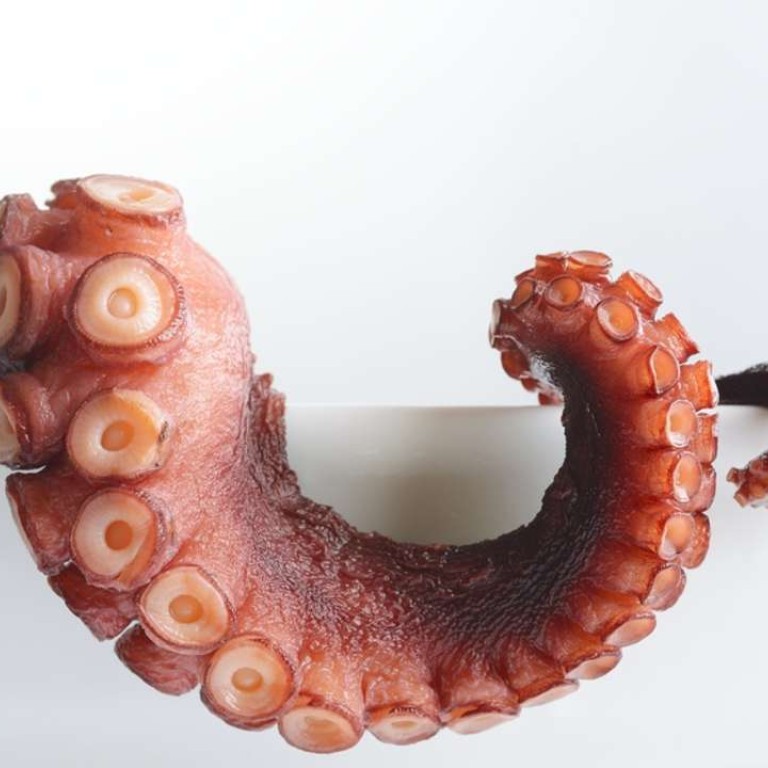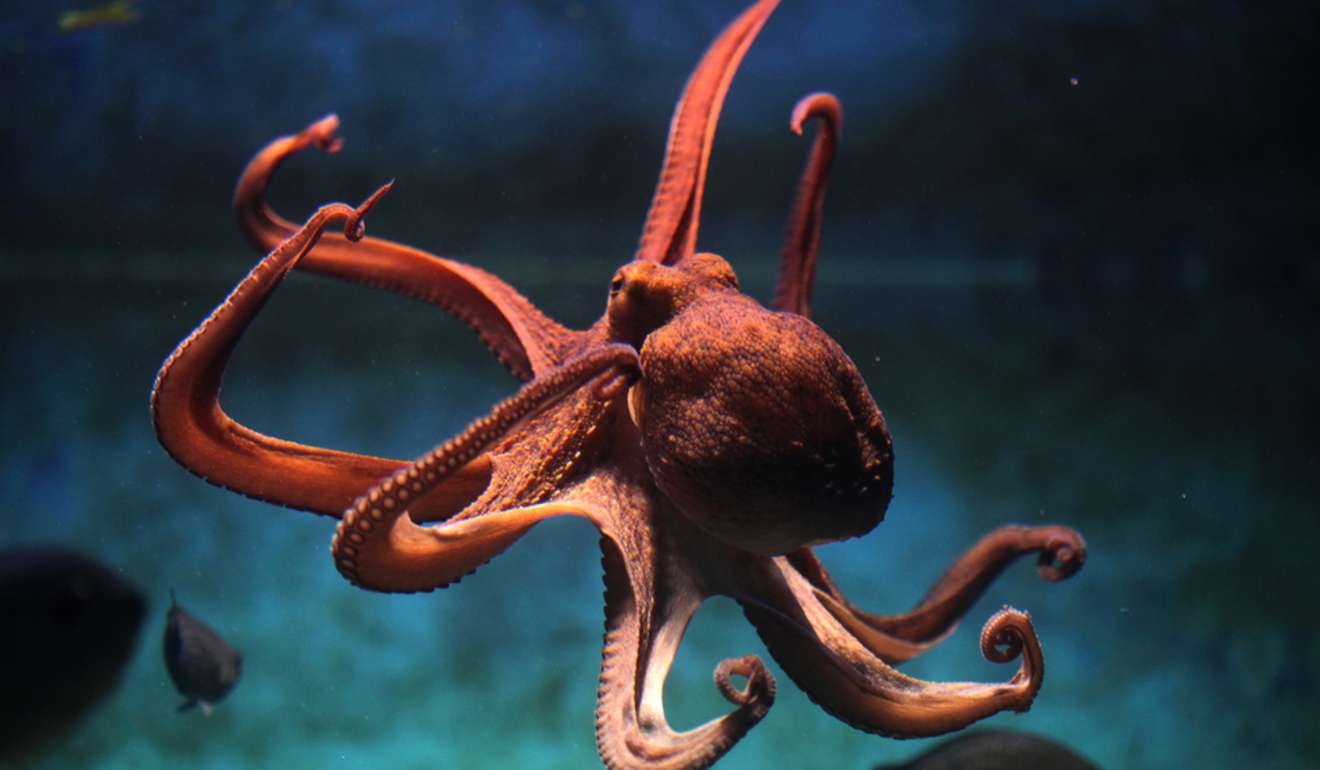
Book review: inside the unfathomably different mind of the octopus
Philosopher Peter Godfrey-Smith considers the cephalopods, an island of mental complexity among the invertebrates, and what their evolution towards intelligence might teach us about other minds
Other Minds: The Octopus and the Evolution of Intelligent Life
by Peter Godfrey-Smith
William Collins
4/5 stars
“Yea, slimy things did crawl with legs / Upon the slimy sea.” Coleridge’s lines evoke those Precambrian depths where life first stirred, and which remain lodged in our imaginations. Perhaps that’s why we look on the octopus as an eldritch other, with its excess of limbs, bulbous eyes, seeking suckers and keratinous beaks devouring anything in its slippery path.
Peter Godfrey-Smith’s brilliant book entirely overturns those preconceptions. Cephalopods – octopuses, squids and nautiluses – “are an island of mental complexity in the sea of invertebrate animals”, he writes, having developed on a different path from us, “an independent experiment in the evolution of large brains and complex behaviour”.

This is why they present themselves as a fascinating case study to Godfrey-Smith, who is a philosopher of science – because of what can be learned from them about the minds of animals, including our own. His book stands alongside such recent works as Hal Whitehead and Luke Rendell’s The Cultural Lives of Whales and Dolphins as evidence of new and unconstrained thinking about the species we share our watery planet with.
Unlike cetaceans – whose sentience it is possible to imagine, partly because they demonstrate our mammalian connections so vividly and physically – cephalopods are entirely unlike us. “If we can make contact with cephalopods as sentient beings, it is not because of a shared history, not because of kinship, but because evolution built minds twice over,” says Godfrey-Smith. “This is probably the closest we will come to meeting an intelligent alien.” The fact that they have eight legs, three hearts, and blue-green blood allies them more with The Simpsons’ gloopy extraterrestrials than anything Earthly.
Godfrey-Smith takes us through those early stirrings in the seas of deep time, from bacteria that sense light and can taste, to cnidarian jellyfish, the first organisms to exhibit nervous systems, which he describes wonderfully: “Picture a filmy light bulb in which the rhythms of nervous activity first began.” The ocean itself became the conduit for evolution; we feel a magnetic attraction to the vast waters that gave us birth because we still carry the sea inside us. “The chemistry of life is an aquatic chemistry. We can get by on land only by carrying a huge amount of salt water around with us.”
In the same way, the octopus’ fluidity seems like a collation of the sea itself. Its ancestors evolved defensive shells and became the first predators: the frills of these snail-like creatures, which crawled on the ocean floor, became tentacles and they began to swim. Then they discarded their shells; the first octopus probably appeared 290 million years ago.
They also developed large brains to compensate for their new vulnerability. A common octopus brain has 500 million neurons, a “smartness” that ranks alongside dogs and even a three-year-old child. But unlike a vertebrate’s, an octopus’ neurons are ranged through its entire body. It is “suffused with nervousness” – including its arms, which act as “agents of their own” and sense by taste as much as touch. For the octopus, “the body itself is protean, all possibility”; it “lives outside the usual body/brain divide”.

The result is a wondrous being. In lab experiments, octopuses attain good results, able to negotiate mazes and unscrew jars containing food, using visual cues to achieve their goals. They also show a sense of craftiness – squirting water at researchers they don’t like, for instance. One celebrated aquarium-kept octopus proved its skill when staff noticed fish from a neighbouring tank had gone missing overnight – CCTV revealed the smooth operator. The octopus was lifting the lid on its own tank, slithering over to the fish, claiming its prize, then crawling back, covering itself again as if nothing had happened.
But Godfrey-Smith finds another anecdote more revealing: an octopus at the University of Otago in New Zealand learned to turn off lights by squirting water at the bulbs; brightness annoys an octopus. Cephalopods are not only aware of their environment; they seek to manipulate it.
He proves that, like all aliens, these strange, beautiful creatures are more like us than our hubris allows. Only evolutionary chance separates us. After all, as he concludes, “When you dive into the sea, you are diving into the origin of us all.”


